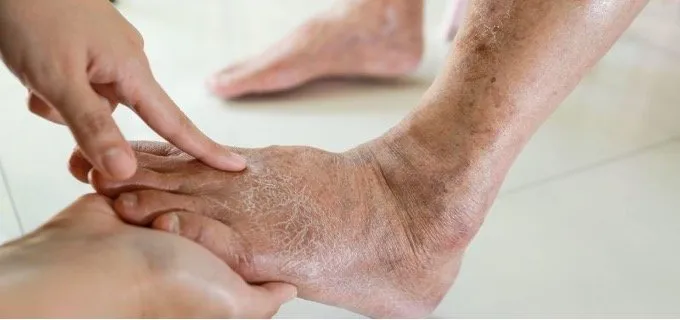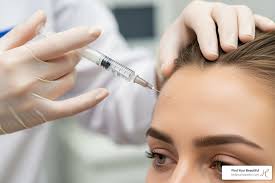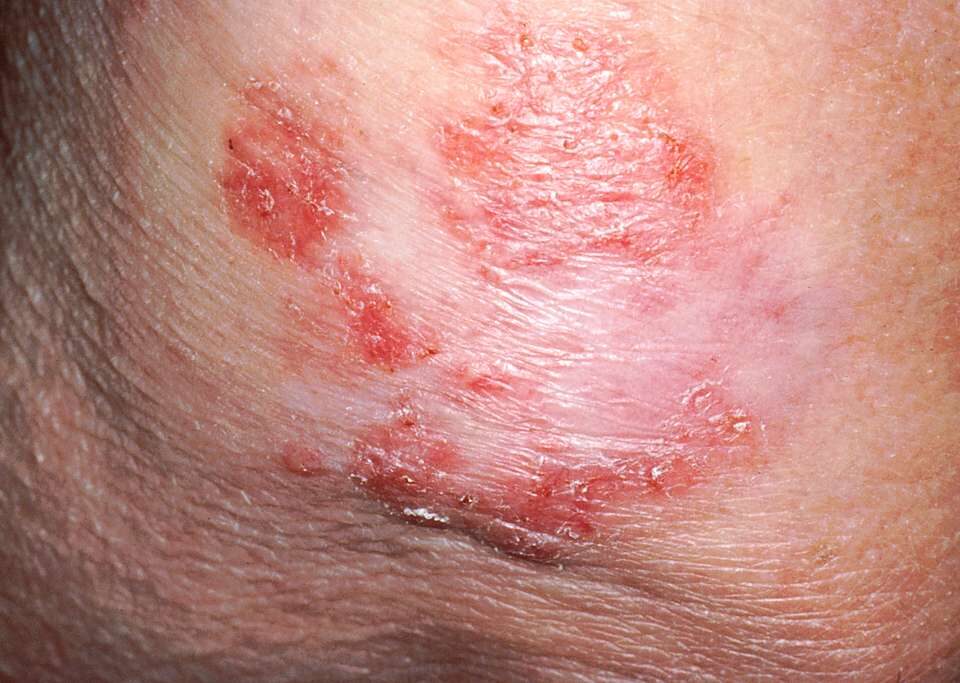
How Sports Physicals Can Identify Hidden Health Issues
October 3, 2025
What Is a Sleep Disorder and How Do I Treat It?
October 3, 2025Vascular insufficiency refers to conditions where blood flow through the veins is inadequate, resulting in various health issues. Since aging contributes significantly to vein insufficiency and vascular problems, it is a primary factor. Here is more information on how aging affects both arteries and veins:
Stiffening Arteries
As people get older, their arteries naturally lose some of their elasticity. The aging process causes the arterial walls to become rigid, so they are less able to expand and contract with each heartbeat. This stiffening raises blood pressure. It can force the heart to work harder to pump blood throughout the body.
While stiffened arteries primarily affect blood flow leaving the heart, the increase in pressure also impacts vein health. It does this by creating more resistance for the blood as it tries to return from the extremities. Vein insufficiency is linked to the progression of vascular disease and affects circulatory function as people age.
Depositing Calcium
Over time, calcium deposits can build up on the walls of arteries and on heart valves, a condition known as calcification. This accumulation contributes to the hardening of the arteries and narrows the passageway for blood flow. Reduced blood flow from calcification places additional strain on the entire vascular system. Depositing calcium within blood vessels may disrupt the efficient delivery of oxygen and nutrients to tissues, resulting in muscles and organs not performing as well during everyday tasks.
Declining Cellular Function
The cells that line your blood vessels play a central role in vascular health because they regulate how vessels relax and constrict. With age, the function of these cells declines. Their reduced ability to produce nitric oxide, a substance that helps keep blood vessels dilated, leads to narrower vessels and impaired circulation.
Another aspect of aging is oxidative stress, which increases when there is an imbalance between free radicals and antioxidants in the body. This imbalance damages vascular cells over time. Cellular damage compromises the structural integrity of blood vessels, and it contributes to chronic inflammation, further affecting blood flow.
Your cells become less efficient as you age. This decline in function reduces the energy available to vascular cells, impairing their ability to repair themselves and function correctly. Without sufficient energy, the cells lining the veins weaken, which may allow blood to pool and cause insufficiency.
Requiring Care
A healthcare provider uses diagnostic tools to visualize blood flow and identify malfunctioning valves or blockages. Following a diagnosis, a treatment plan is developed based on the specific condition and its severity. Diagnosis may include non-invasive options, such as compression therapy, or interventions tailored to improve circulation. Regular follow-ups provide monitoring and adjustment of care as needed.
Get Treated for Vein Insufficiency
If you experience symptoms associated with vein insufficiency, such as leg swelling, aching, or varicose veins, know that you have options. Addressing these concerns begins with understanding their cause. Discuss your symptoms and daily routine, as this information helps shape the best approach for your situation. Schedule an appointment with a qualified specialist to discuss your symptoms and explore available treatment options.





